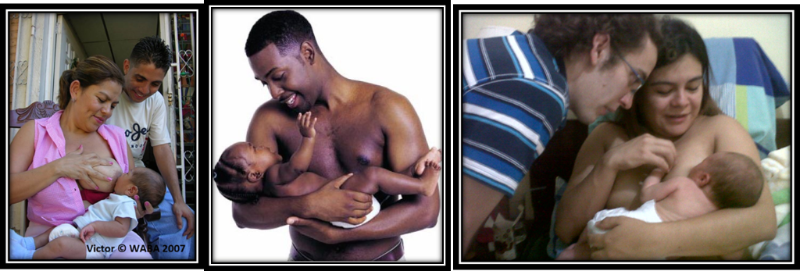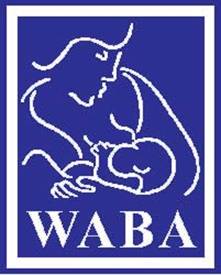Fathers are increasingly rejecting their stereotyped role of just being a breadwinner. Many fathers actively take on care responsibilities. They know that this is the right thing to do and that being engaged in care brings other benefits, to them and to those they love.
Engaged fathers are best for healthy, happy families. Involving fathers from before birth, lays a solid foundation for the way other transformations to occur. A father who goes along with the mother to ante-natal classes learns about the myriad of things that goes into care work after birth.
The State of the World’s Fathers report speaks of how a father’s can contribute positively to women’s use of maternal and newborn health services, thus improving survival and well-being. Many fathers have grown to understand the importance of bonding with their newborns through skin-to-skin contact. They also understand how important breastfeeding is at the start of life and support mothers to breastfeed, through their direct engagement, encouragement and by ensuring that the mother has the time and space to establish a successful breastfeeding routine.
Many positive things happen with the sharing of care work between men and women. By recognising the importance of care work, we can give it value. Such a value a shift is necessary to achieve gender equality at home, in the workplace and in society.
The burden of care has always been disproportionately borne by women. The International Labour Organisation (ILO) reports that the unequal distribution of unpaid care and household work between women and men is an important factor that creates gender inequalities in the workplace.
Access to equal, paid, non-transferable leave for both men and women supports recognition and redistribution of care work. Men who have access to paternity leave are able to contribute equally to care and domestic work. Paternity leave, or better still, ‘parental leave’ also facilitate the integration of men’s family lives into their working lives, so that they can simultaneously support women’s reproductive and care responsibilities.
In order to achieve as a healthy, just and more equal society, WABA joins with the International Labour Organisation, and MenCare to ensure that maternity, paternity and parental protection measures are seen as essential social protection for sustainable development.
Fore More Information :

 |
| WABA Stockholm Symposium Report – This reports on how to overcome challenges in the implementation of ILO Convention 183 and other maternity protection measures. A Framework for Action (FFA) is a forward looking action-oriented plan incorporated into the report. |
|
 |
| ILO Women and Work Trends 2016 – this report provides the latest ILO data on women’s position in labour markets, examines the factors behind these trends and explores the policy drivers for transformative change. |
|
|
 |
| MenCare Parental Leave Platform – in addition to the benefits of paid, non-transferable leave for all parents – highlights access to high-quality early childhood education and care for all children, as well as other ways to alleviate the burden of care and to change norms around caregiving globally. |
|
|







